Digital services
Unge forskere 30. september 2024 | Young Researchers 30 September 2024
Unge forskere: Hvordan gjøre digitale tjenester bærekraftige?
- Tid: Mandag 30. september 2024, kl. 19:00–21:00
- Sted: Dokkhuset Scene (kart), Solsiden i Trondheim
- Språk: Engelsk
- Programleder: Randi Wenche Haugen
- Arrangør: NTNU
- Gratis inngang
- Servering åpner kl. 18:00
- Det blir fotografering under arrangementet
- Arrangementet strømmes her og kan også ses i opptak senere
Velkommen til en kunnskapsrik kveld!
Digitale verktøy innføres i økende grad som viktig kommunikasjonsmiddel innad i bedrifter og offentlige tjenester og ikke minst mellom leverandører av tjenester til publikum.
De fleste er i kontakt med slike digitale tjenester hele livet. Målet for prosjektet SustainDiT er å skape funksjonelle og bærekraftige løsninger. Hvordan oppleves dette av ulike brukergrupper innen for eksempel helsevesenet og sosial- og velferdstjenester? Fungerer teknologien med sine algoritmer og sensorer etter hensikten? Hvordan sikres sensitive opplysninger og personvernet? Forskerne som vi møter denne kvelden undersøker hvordan de digitale løsningene kan bli best mulig.
SustainDiT er et prosjekt i bærekraftprogrammet SusRes@NTNU.
Foredragsholdere
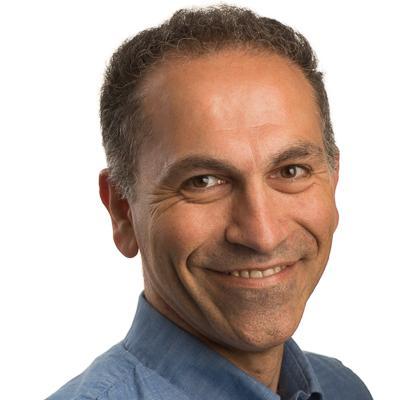
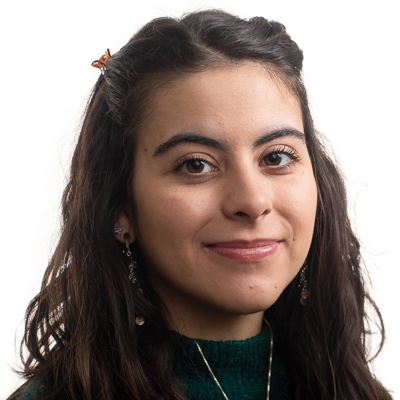
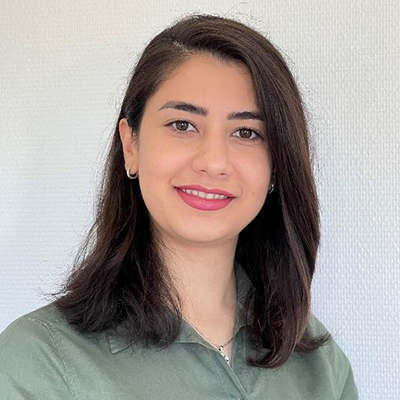
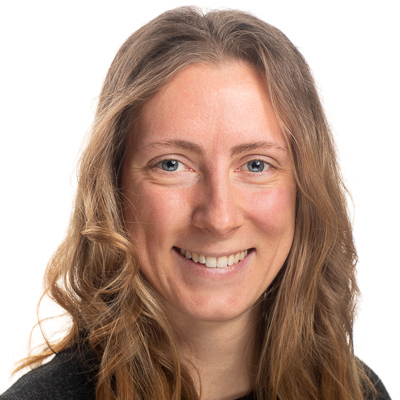
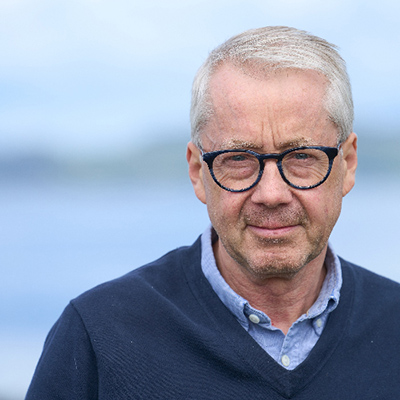
Young Researchers: How to make digital services sustainable?
- Time: Monday 30 September 2024 at 19:00–21:00
- Venue: Dokkhuset Scene (map), Solsiden in Trondheim
- Language: English
- Host: Randi Wenche Haugen
- Organizer: NTNU
- Free entrance
- The bar will open for service at 18:00
- Please note that there will be photography during the event
- The event will be streamed here and you can also watch a recording later
Welcome to a knowledgeable evening!
Digital tools are increasingly being introduced as an important means of communication within companies and public services and not least between providers of services to the public.
Most citizens are in contact with such digital services throughout their lives. The goal for the project SustainDiT is to create functional and sustainable solutions. How is this experienced by different user groups within e.g. the health system and social and welfare services? Does the technology with its algorithms and sensors work as intended? How is sensitive information and privacy secured? The researchers you will meet tonight are investigating how digital solutions can be developed in the best possible manner.
SustainDiT is a project in the sustainability programme SusRes@NTNU.
Speakers





